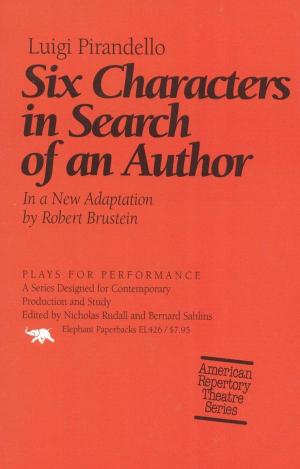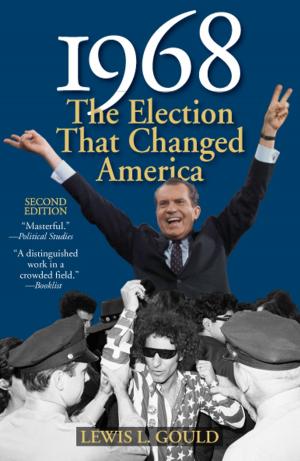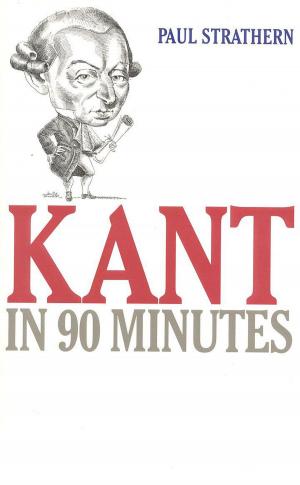| Author: | Anton Chekhov | ISBN: | 9781461713036 |
| Publisher: | Ivan R. Dee | Publication: | February 23, 1999 |
| Imprint: | Ivan R. Dee | Language: | English |
| Author: | Anton Chekhov |
| ISBN: | 9781461713036 |
| Publisher: | Ivan R. Dee |
| Publication: | February 23, 1999 |
| Imprint: | Ivan R. Dee |
| Language: | English |
By 1888, when he was just twenty-eight, Chekhov had published a staggering 528 stories, about half of them comic. Unpretentious, lively, and inventive, these comic stories have long been affectionately regarded in Russia, but publishers in the West, overawed by the prevailing image of Chekhov as a melancholy genius, have resisted the down-to-earth humorist. This collection is the first substantial volume in English devoted solely to the comic stories. The forty stories here reveal the full range of Chekhov's comic mastery: simple sketches, almost like verbal cartoons; outrageous parodies and stories with a comic twist; satirical and subversive pieces that foreshadow the anti-authoritarian attitudes of his later work; and excursions into the absurd that hint of his later stage dialogue. In these early comic stories Chekhov found himself as an artist. Readers unfamiliar with them may miss the countless touches of humor in the later and more famous plays and stories. Tolstoy, who disliked Chekhov's plays, was reduced to helpless fits of laughter by his comic stories. They have a sense of fun and infectious good humor.
By 1888, when he was just twenty-eight, Chekhov had published a staggering 528 stories, about half of them comic. Unpretentious, lively, and inventive, these comic stories have long been affectionately regarded in Russia, but publishers in the West, overawed by the prevailing image of Chekhov as a melancholy genius, have resisted the down-to-earth humorist. This collection is the first substantial volume in English devoted solely to the comic stories. The forty stories here reveal the full range of Chekhov's comic mastery: simple sketches, almost like verbal cartoons; outrageous parodies and stories with a comic twist; satirical and subversive pieces that foreshadow the anti-authoritarian attitudes of his later work; and excursions into the absurd that hint of his later stage dialogue. In these early comic stories Chekhov found himself as an artist. Readers unfamiliar with them may miss the countless touches of humor in the later and more famous plays and stories. Tolstoy, who disliked Chekhov's plays, was reduced to helpless fits of laughter by his comic stories. They have a sense of fun and infectious good humor.















